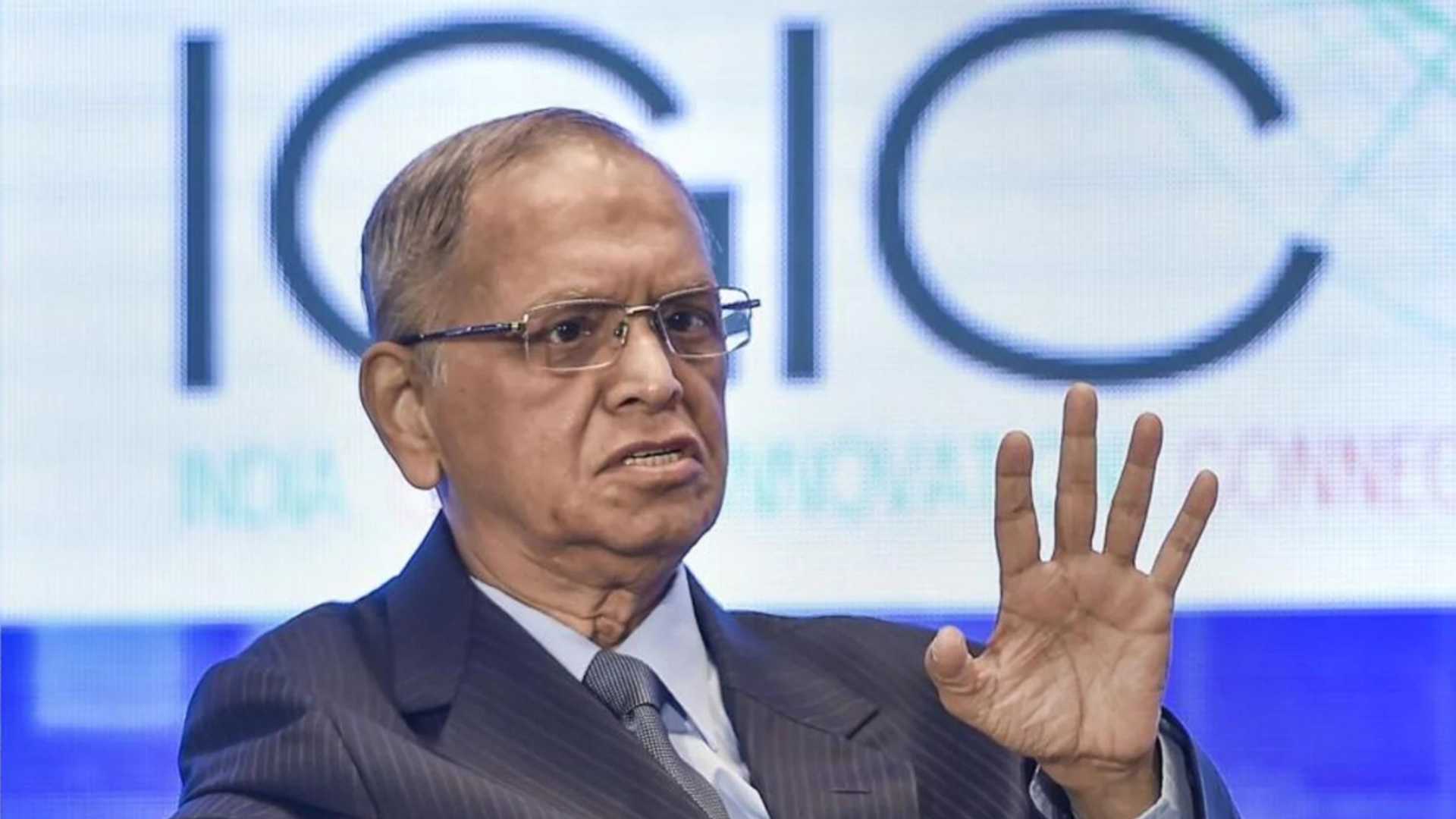Narayana Murthy Unfazed By ChatGPT, Says Nothing Can Beat the Human Mind
In an interview with CNBC, Infosys Cofounder Narayana Murthy expressed his belief that the human mind remains the most powerful imagination machine despite the emergence of various artificial intelligence (AI) technologies, such as AI chatbots. Though he recognizes that ChatGPT, a language processing tool, is an excellent addition to knowledge generation, he emphasizes that it should be used as an instrument to produce better quality work and output, not as a replacement for humans.
Murthy further explained that both he and the interviewer had access to the same ChatGPT, yet their competition would not only be based on the output of the tool but also on their own differentiation, smartness, and tweaking, which can only be attributed to the human mind. He added that lazy individuals would only achieve a C grade, while smart people would get an A.
This echoes the comment of edtech decacorn BYJU’S’ cofounder in early 2023, stating that ChatGPT can reduce the burden of mundane tasks and increase productivity. She also emphasized that it was not about tech versus people but rather tech and people, mainly in the education space.
Despite the ongoing debate on whether chatbots like ChatGPT will take over human jobs worldwide, the Indian government is not looking to regulate the AI space. Instead, the Centre for Development of Advanced Computing (C-DAC) is building a common computing platform for AI research and knowledge assimilation, while other initiatives aim to upskill local youth on emerging technologies such as AI and blockchain. Moreover, DPIIT’s Digital India GENESIS aims to support 10,000 deeptech startups over the next 5-6 years. With the emergence of new homegrown generative AI players, India's AI software market is projected to reach a market size of $7.8 Bn by 2025.




















